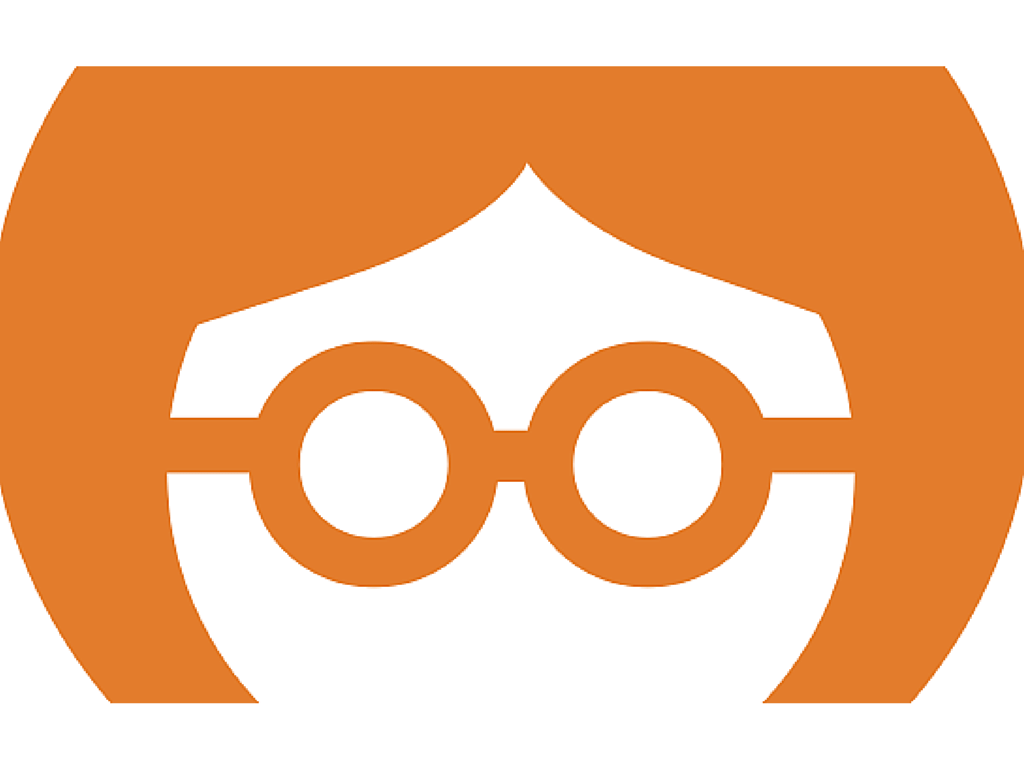I Left My Old Career & Started A Meditation Online Courses Business
Hello! Who are you, and what business did you start?
Hey, I'm Griff, and I'm the founder of MindEasy. We create meditation courses and content designed to help people find their way into mindfulness and meditation in a personal way.
When I first started practicing meditation, I found one of the hardest hurdles to overcome was the language used to describe these ideas and traditions.
Not that I thought it was ever wrong, but that it didn't fit with what I was trying to achieve at that moment.
If you want meditation to help you maintain focus and achieve your career and personal goals, finding yourself in a wormhole of information about spiritual enlightenment or chakra activation might make you stop before you begin.
This is the problem I wanted to solve with MindEasy. Help people discover what they want to achieve with meditation and then help them approach it in a relevant and meaningful way.

















